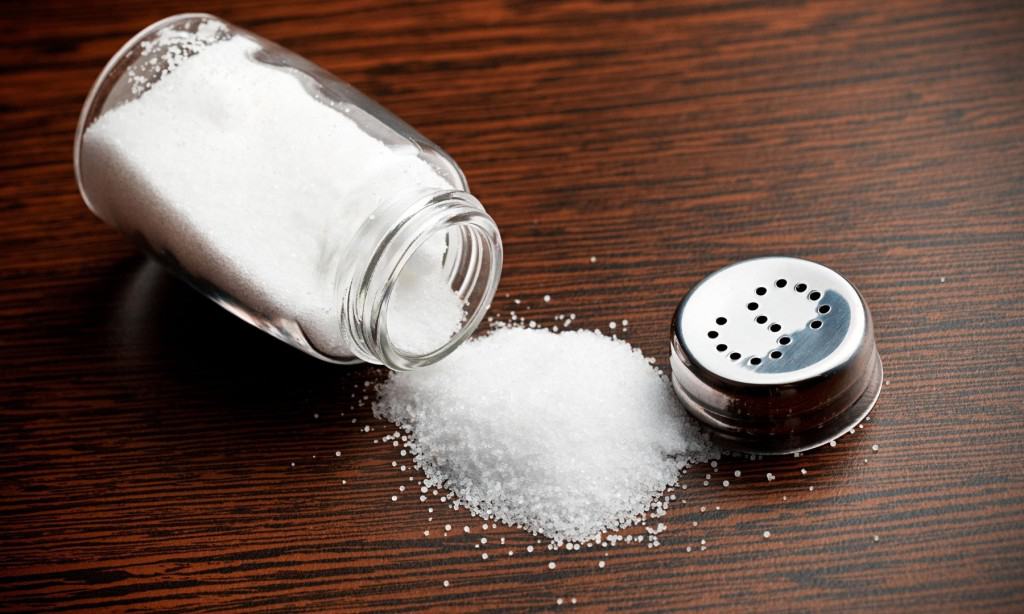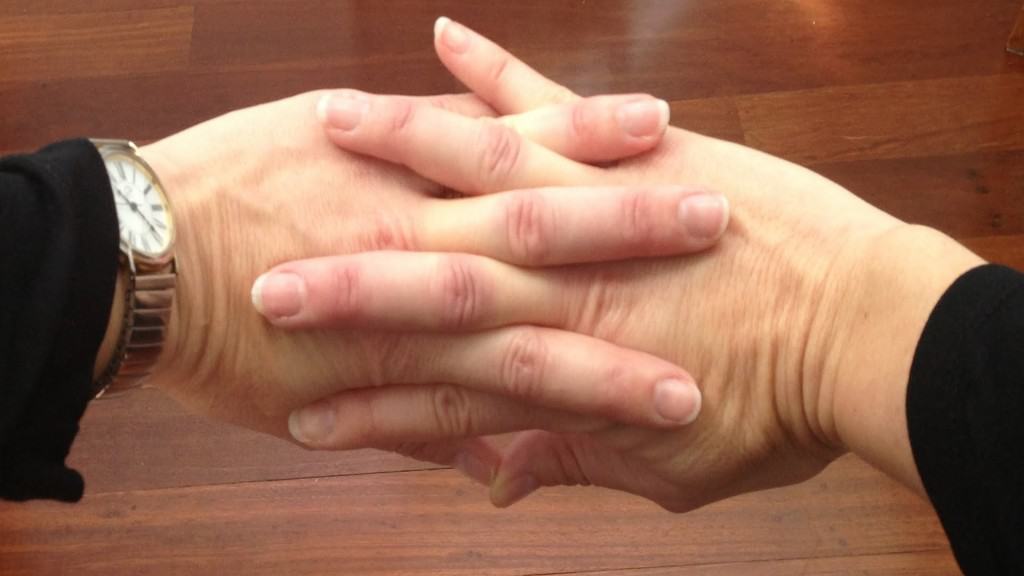10 Harmless Things That Everyone Thinks Are Bad For You
Entertainment, Food, Funny, Lists, ShockingChildren learn all kinds of things when they are growing up and soon build up a database in their minds of the type of things that are good or bad for them. These are largely dependent on family members and personalities who have a certain degree of authority over others telling them things that are carried on through adult life. As with most things though, not all of those actions that we were told are bad for us actually are. In fact, many of them are comparatively harmless and pose no danger or risk.
Alcohol

Parents often go to extreme lengths to try to convince their children that alcohol is something that is very harmful and that drinking it should be avoided at all times. While this is an obvious scare tactic, most people think that alcohol is a detriment to your health. The truth though is that as long as it is drunk in moderation it can actually prove beneficial in certain circumstances.
Comedies

Popular belief has often held that comedies, whether on TV or the big screen, are not beneficial in any way, especially when compared to high qualities dramas. Yet, recent studies have shown a link between watching funny shows and films that has a similar effect to doing a significant amount of exercise by expanding blood vessels and improving health.
Salt

Salt has been widely blamed for high blood pressure for decades, leading to many people removing it entirely from their diets. The truth is though that there is very little data that links salt intake with health problems, while some salt is necessary for the body to perform efficiently.
Chocolate

Obviously, everyone is aware that consuming large amounts of chocolate is not good for your health, as it contains so much sugar. However, small amounts can actually have some benefits, such as a lowering of the risk of stroke by as much as a third from eating just two or three bars worth of chocolate a week.
Cracking Your Knuckles

The myth that cracking your knuckles would lead to arthritis in the joints is so common that it has been said by parents to their children countless times. However, there is absolutely no link between the action and the condition as the cracking sound doesn’t come from the bones but rather air pockets.
Fevers

The common perception is that all fevers, regardless of their cause, are bad. This has led to a belief that people should do everything they can to get rid of them as quickly as possible. The truth is though that a fever can actually help the immune system to bolster its defenses, with research showing that the hot temperatures help to stop microbes and bacteria from multiplying.
Fat

Despite the fact that we have been told for years that cutting out high fat foods was the best possible way of losing weight and improving our health, it has emerged from recent studies that cutting out sugar is much more important. Some research even suggests that having extra fat from the likes of nuts and olive oil is actually helpful.
Swearing

Children are taught from a young age not to swear and in polite conversations people generally try not to use curse words. Studies have suggested though that those who regularly use curse words may have a larger vocabulary than others, while swearing can also help to reduce pain in stressful situation.
Swallowing Gum

A common misconception about gum has held that the substance will stay in the stomach for years if it is swallowed, which can lead to a huge build up in the gut. Doctors have since proved that this is not the case, as the gum is digested in much the same way as any other food and would last no more than a week in the digestive system.
Bacteria

Recent crazes have seen people try to eradicate bacteria at every single opportunity. While it is still important to carry out basic hygiene procedures, such as washing your hands, having some bacteria is not a bad thing as it helps to build up the immune system. Experts believe that the constant use of anti-bacterial products has contributed to an increase in the severity of common illnesses.



